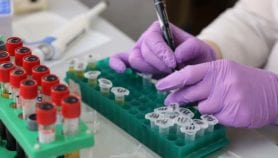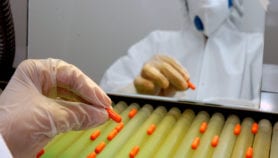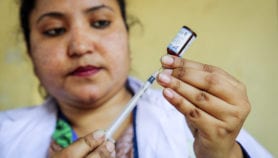Send to a friend
The details you provide on this page will not be used to send unsolicited email, and will not be sold to a 3rd party. See privacy policy.
The General Assembly of the World Health Organization (WHO) has agreed to reinforce its support for flexibility in trade rules to increase access to medicines in developing countries.
The resolution on ‘public health, innovation and intellectual property’ was passed on the last day of the World Health Assembly in Geneva, Switzerland (16 to 23 May).
The resolution calls for more support from the WHO and its member states for countries that want to use flexibilities within the World Trade Organization Agreement on Trade-Related Aspects of Intellectual Property Rights (TRIPS) ― such as compulsory licensing ― to gain access to pharmaceutical products.
Brazil and Thailand are among the countries that have recently used compulsory licensing to manufacture or import medicines without the authorisation of the patent holder.
The resolution also calls for discussions to develop incentives for research and development that would benefit developing countries, such as separating the cost of research and development from the price of medicines and other treatments.
The resolution, initially proposed by Brazil, was designed to reinvigorate the ongoing work of the WHO’s Intergovernmental Working Group on Public Health, Innovation and Intellectual Property (IGWG), created at the World Health Assembly in 2006.
Some countries have expressed dissatisfaction with the progress of and support for the working group, whose mandate is to create a global strategy for research and development of medicines for neglected diseases ― which affect people in developing countries disproportionately — by 2008.
Reinaldo Guimarães, secretary of science, technology and strategic inputs at the Health Ministry of Brazil, told SciDev.Net the resolution recognises that countries have the right to use the TRIPS safeguards.
He added that the agreement compels the WHO to collaborate with countries that decide to use them. “This will help them resist pressure from the pharmaceutical industry not to use the TRIPS safeguards.”
According to website Intellectual Property Watch, the United States expressed dissatisfaction with the resolution, saying it wanted to “disassociate” from the World Health Assembly’s consensus.
Likewise, the pharmaceutical industry, represented by the International Federation of Pharmaceutical Manufacturers and Associations, said that the resolution was “not useful”, nor was it “realistic”.












